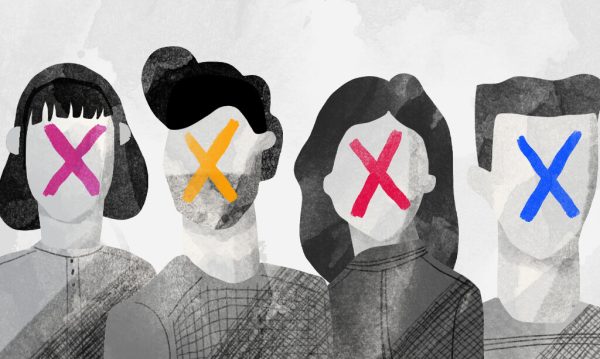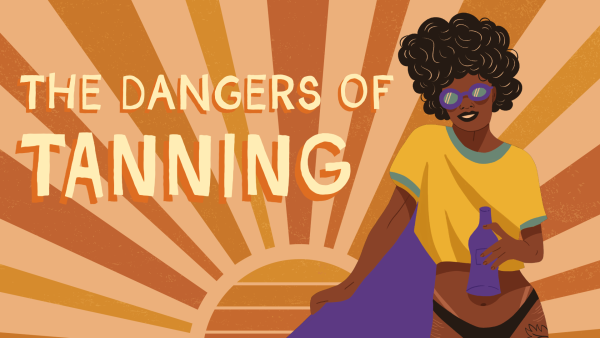Olympics Should Have an Age Minimum to Limit Unhealthy Injuries, Pressure and Obsessions
Minors Should Not Be in an Environment Where Success Is Valued Over Physical and Mental Health
The Olympics are considered the most prestigious global sporting event in history, dating back to ancient Greek and Roman culture. While requiring lifelong dedication, complete devotion to one sport and sacrificing one’s entire childhood, competing in the Olympics is a serious career which should have a minimum age in order to allow youth to naturally develop and grow outside the public spotlight.
Spending countless hours in the gym per week accelerates the decay of one’s body and increases the likelihood of a serious physical injury, and Olympic hopefuls begin this rigorous dedication as early as five years old. Despite obvious physical fitness during their prime, Olympians experience momentous withstanding injuries that inhibit them later in life. Additionally, with so much intense training, injuries are likely to be near fatal, which can destroy everything an Olympic hopeful has worked for their entire life. The dream fostered by family, friends, coaches and the athlete themselves can be destroyed in seconds. This can negatively affect the athlete’s life because of a feeling of emptiness after their one passion has been taken away from them.
Children are natural born explorers in almost every sense—and sports are no different. Youth should not be expected to dedicate their entire future to one sport after showing slight signs of prodigiousness. Instead, they should be encouraged to explore their athletic ability and interests, so that they can grow and develop in a healthy way. While training for the Olympics, many athletes uproot their entire family in order to train at a certain gym or begin homeschooling in order to spend maximum hours training. This dedication is extremely toxic because it is depriving children of many crucial social skills, as well as inhibiting their ability to be a free spirited child and make memories with loved ones. Athletes will also feel trapped in their sport if they lose interest or become burned out after training so much. Young athletes with such intense ambition can also be easily exploited for money—or worse, as exemplified by the sexual assault experienced by many young gymnastics at the hands of team doctor (and pedophile) Larry Nassar.
Olympians also have extremely unrealistic expectations placed on them at a young age, such as the notion that a 15 year old is expected to beat an athlete who has been training for double the span of the child’s life. If athletes are in the Olympics, they have the pressure of the entire country watching them, giving them a damaged sense of self worth in the event that they let their country down. People who are in the public’s eye are also scrutinized by the media, which can ruin a young person’s life because of toxicity of life in the spotlight. Skater Tonya Harding was involved in a scandal where she took part in injuring a teammate solely for an improved chance of her own victory.
On the other hand, competing in the Olympics provides a rallying sense of nationalism as well as pride for the hard work of millions of athletes. People see Olympians as role models for their dedication to fitness, and many athletes are inspired by former Olympians. Additionally, due to the obesity epidemic in America, seeing such physically fit athletes onscreen inspires people to improve their own health habits.
With that being said, the toxic environment created by such intensive sports training should be restricted for young adults ready to take on the challenge—not for vulnerable children.

Renee Abbott, class of 2021, is the Editor-in-Chief of The Searchlight. Abbott is president of Creative Writing Club, and is a choreographer for WHS Dance...











